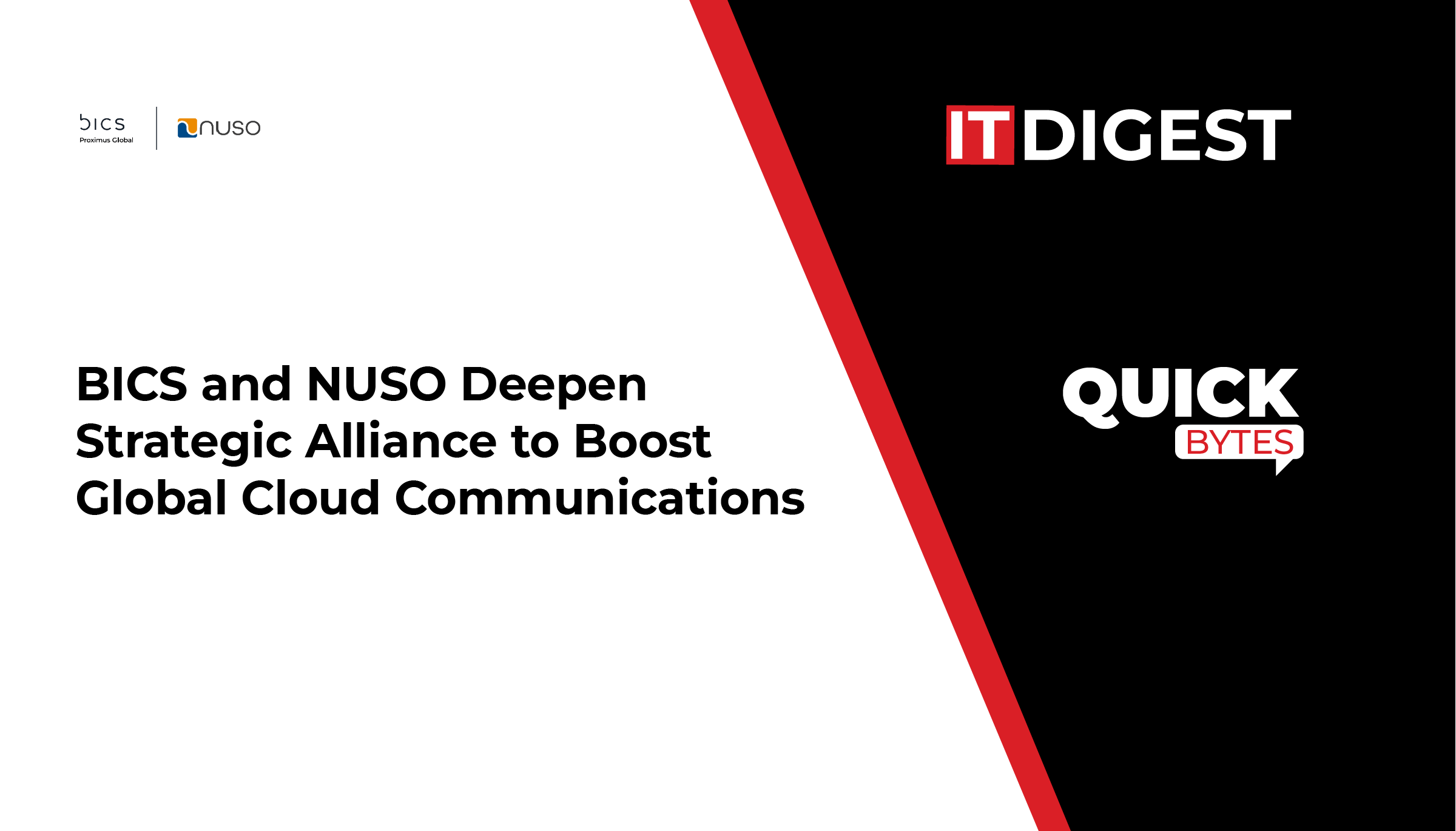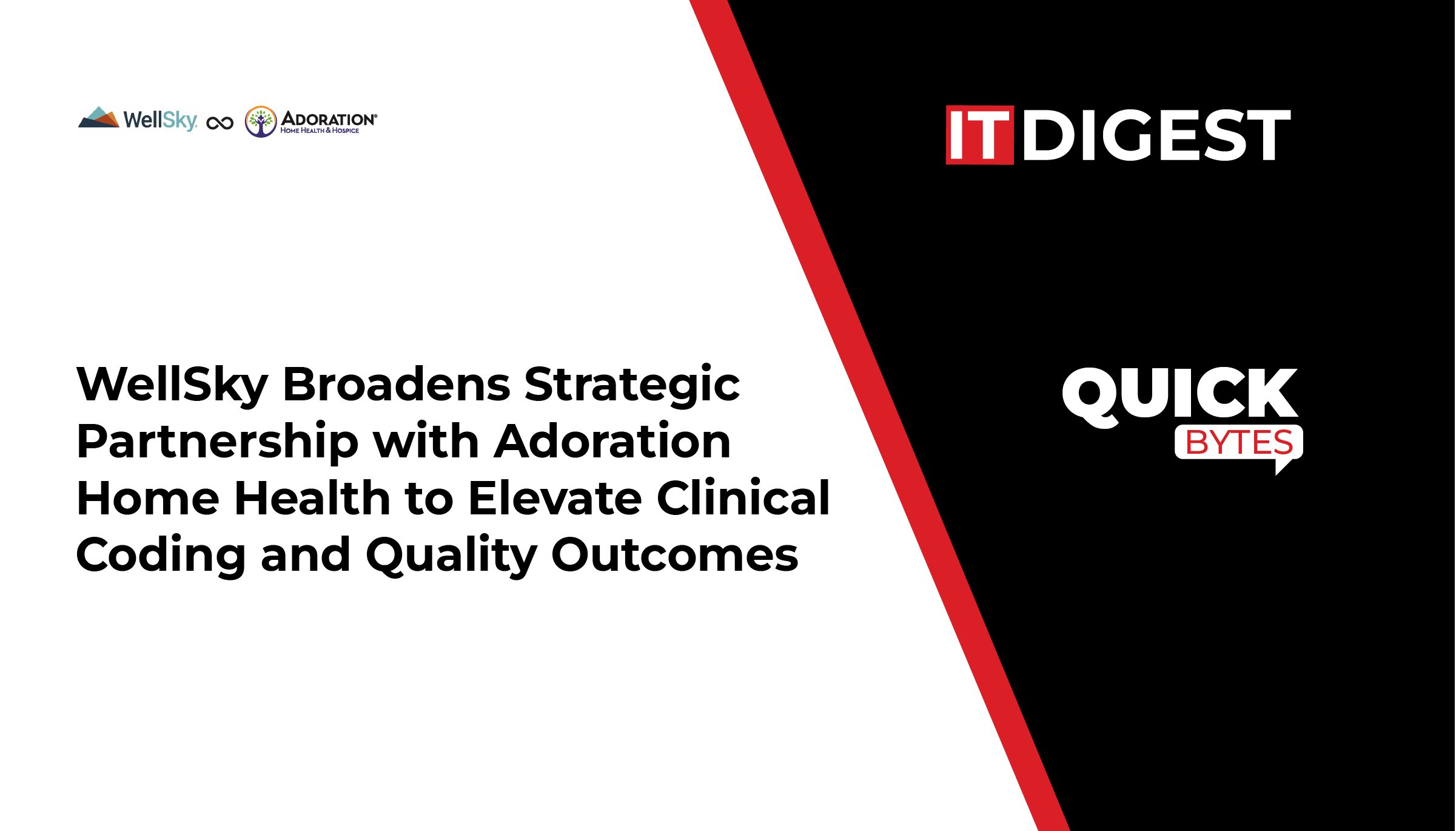Infinitive, a leading technology and transformation consultancy announced Infinitive’s new Data Transformation Methodology, which helps companies identify new opportunities, improve operational efficiency, and optimize resource allocation through optimization of their data.
Data-driven organizations are at the forefront of innovation, harnessing the power of data to gain a competitive advantage. A data transformation implements the strategies, systems, and skills required to unlock the value of an organization’s data and thrive in the digital age.
Data transformation allows companies to:
- Improve customer acquisition and retention with next-generation Customer 360
- Increase marketing and advertising effectiveness with first- and third-party data
- Sharpen human capital management through employee and recruit analytics
- Innovate faster
- Avoid sales outages and overstocks with better supply chain management
- Reduce risks through pattern recognition and early detection of threats
- Establish a culture of fact-based continuous improvement
Also Read: Dremio Integrates Generative AI, Enables Users to Directly Convert Natural Language to SQL Commands
Infinitive’s Data Transformation Methodology is structured into four distinct phases to quickly realize the value of the data transformation journey and deliver significant improvements to our clients. Utilizing our extensive industry expertise and knowledge, we create a tailored plan for each client to achieve a successful organizational data transformation. Our four-phased approach includes the following:
- Strategic: this phase helps to align data with business strategy and processes, technology infrastructure, and personnel, supporting long-term objectives to unlock the value of an organization’s data.
- Foundational: this phase involves planning and building a solid technical foundation that facilitates future scaling. This includes establishing processes and procedures for collecting and integrating data, infrastructure that can scale and policies, procedures, and standards for data governance.
- Exploratory: during the exploratory phase, organizations test and iterate new data-driven initiatives by launching proof-of-concepts. Examples include implementing a data self-service model, improving operational efficiencies through automation and training initiatives.
- Advanced: the advanced phase marks the culmination of efforts to maximize the value of an organization’s data and can include advanced analytics initiatives that leverage techniques like predictive modeling and AI.
“We have over 20 years consulting across many industries and understand the numerous business and technology benefits of a well-thought-out data transformation strategy.” said Denis McFarlane, CEO of Infinitive. “From strategy development to implementation and value realization, we work closely with our clients every step of the way to ensure that your data is transformed in a way that aligns with your specific business objectives, driving success and achieving desired outcomes.”
SOURCE: PRWeb

































